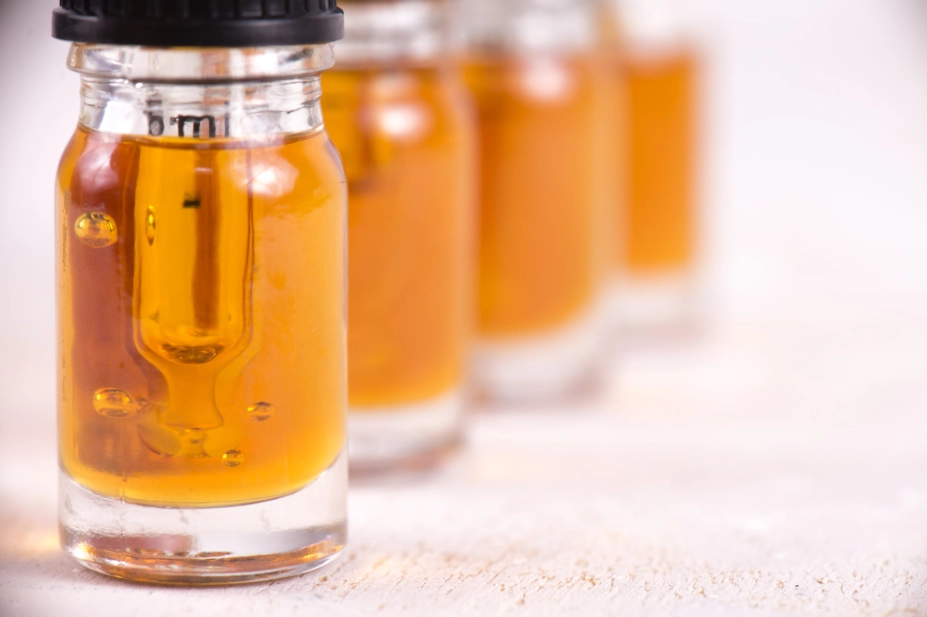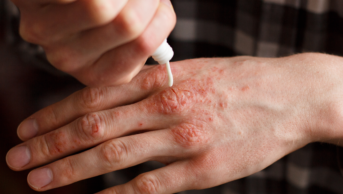
Shutterstock.com
People taking any medication, as well as pregnant or breastfeeding women, should not consume cannabidiol (CBD) products sold as food supplements, safety guidance published by the Food Standards Agency (FSA) has said.
In the same document, the FSA advises healthy adults to “think very carefully” about consuming any CBD supplements at all but, if they do, they should consume no more than 70mg of CBD oil a day — equal to 28 drops of 5% CBD oil.
The guidance reflects the findings of a CBD review by the independent Committee on Toxicity of Chemicals in Food, Consumer Products and the Environment (COT), which advises the FSA, government and others on the safety of chemicals.
Alan Boobis, chair of the COT, said the review found that there were “potential adverse health effects” especially for pregnant or breastfeeding women and patients on medication.
“We don’t know enough to be sure about such a risk, but I am pleased with the sensible and pragmatic approach the FSA is taking,” he said.
“The committee will continue to keep these products under review in the months ahead.”
CBD manufacturers have also been given until 31 March 2021 to complete a “novel food” authorisation application to confirm products meet the guidance on safety and content, or risk items being removed from sale.
The FSA said businesses would be able to continue to sell their CBD  products ahead of the deadline, provided items are correctly labelled, are safe to consume and do not contain substances such as tetrahydrocannabinol (THC) that fall under drugs legislation. It will be up to local authority enforcement officers to make sure that the novel food laws are adopted.
The FSA move was welcomed by Gino Martini, chief scientist at the Royal Pharmaceutical Society (RPS), who helped produce RPS professional guidance on CBD, which was published in June 2019.
He said the RPS guidance was prompted by confusion about CBD and cannabis products that have been approved for medical use.
“There is a lot of confusion because people see CBD and they think it’s cannabis oil [medical cannabis], which it isn’t,” he told The Pharmaceutical Journal.


